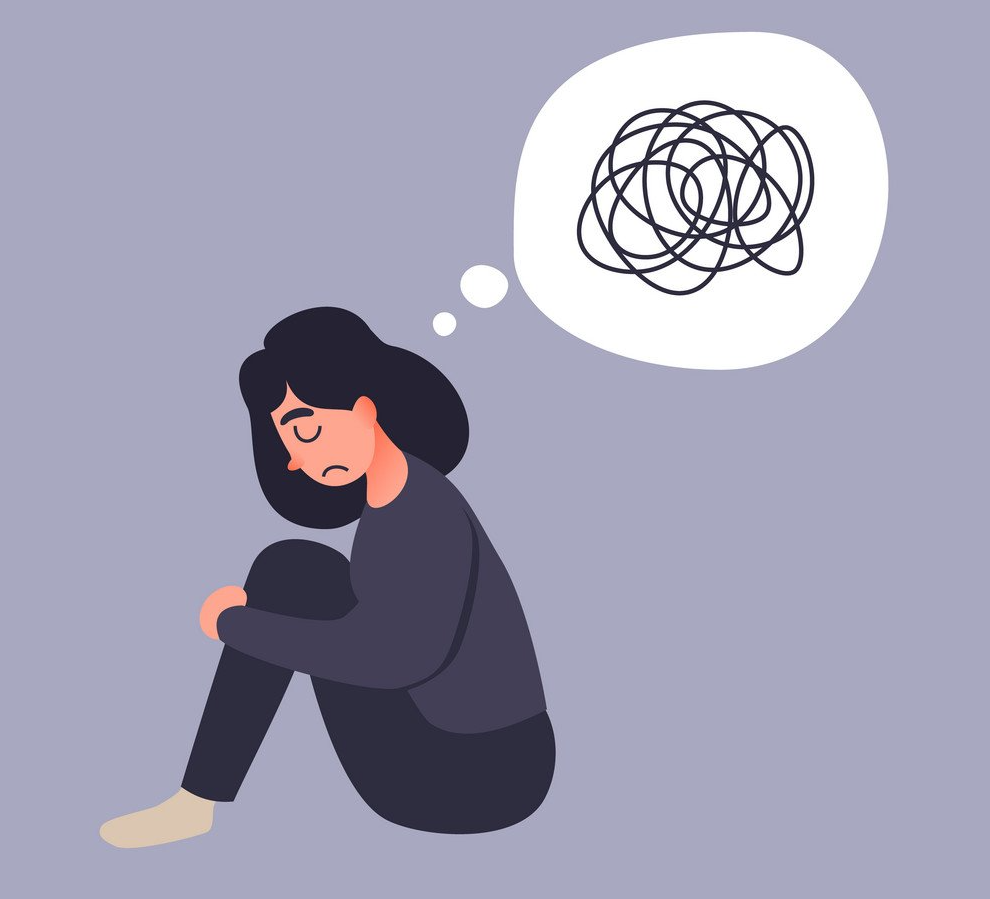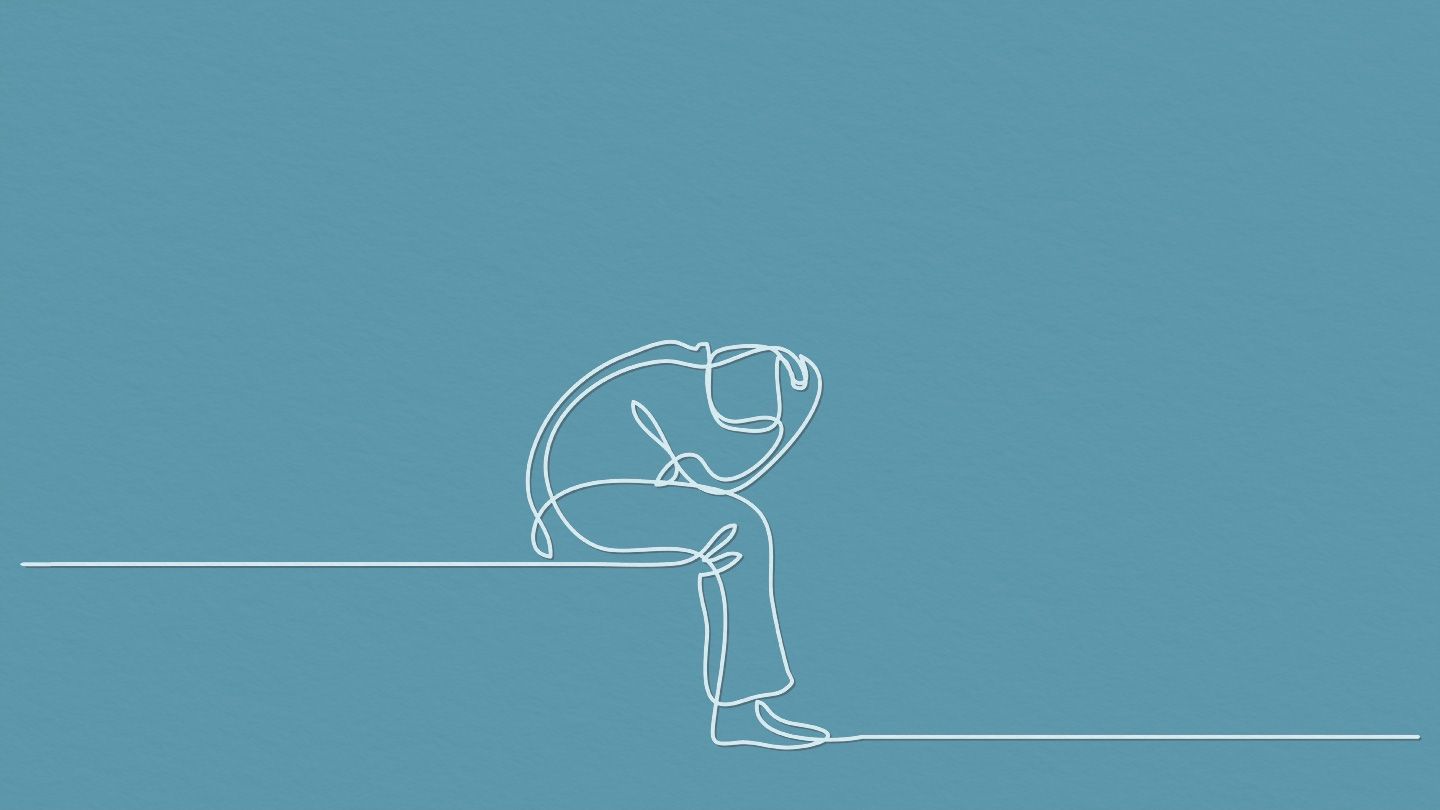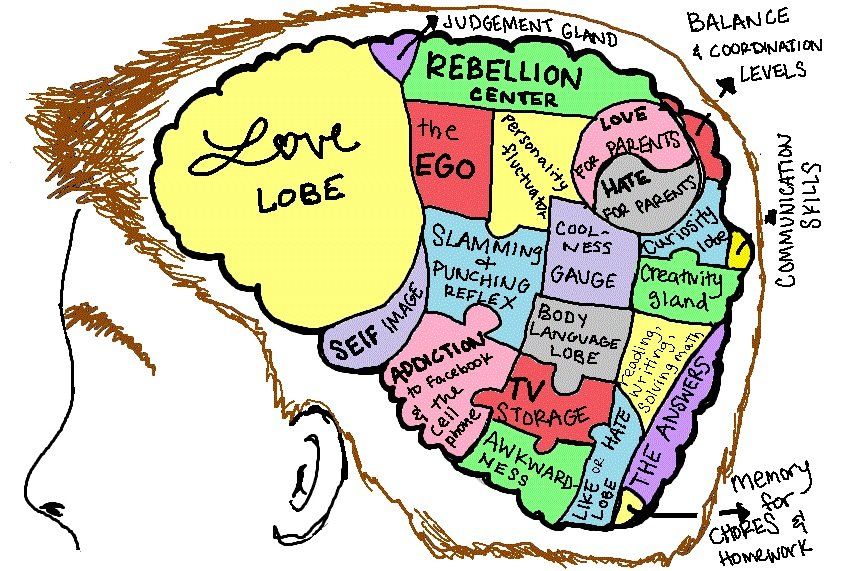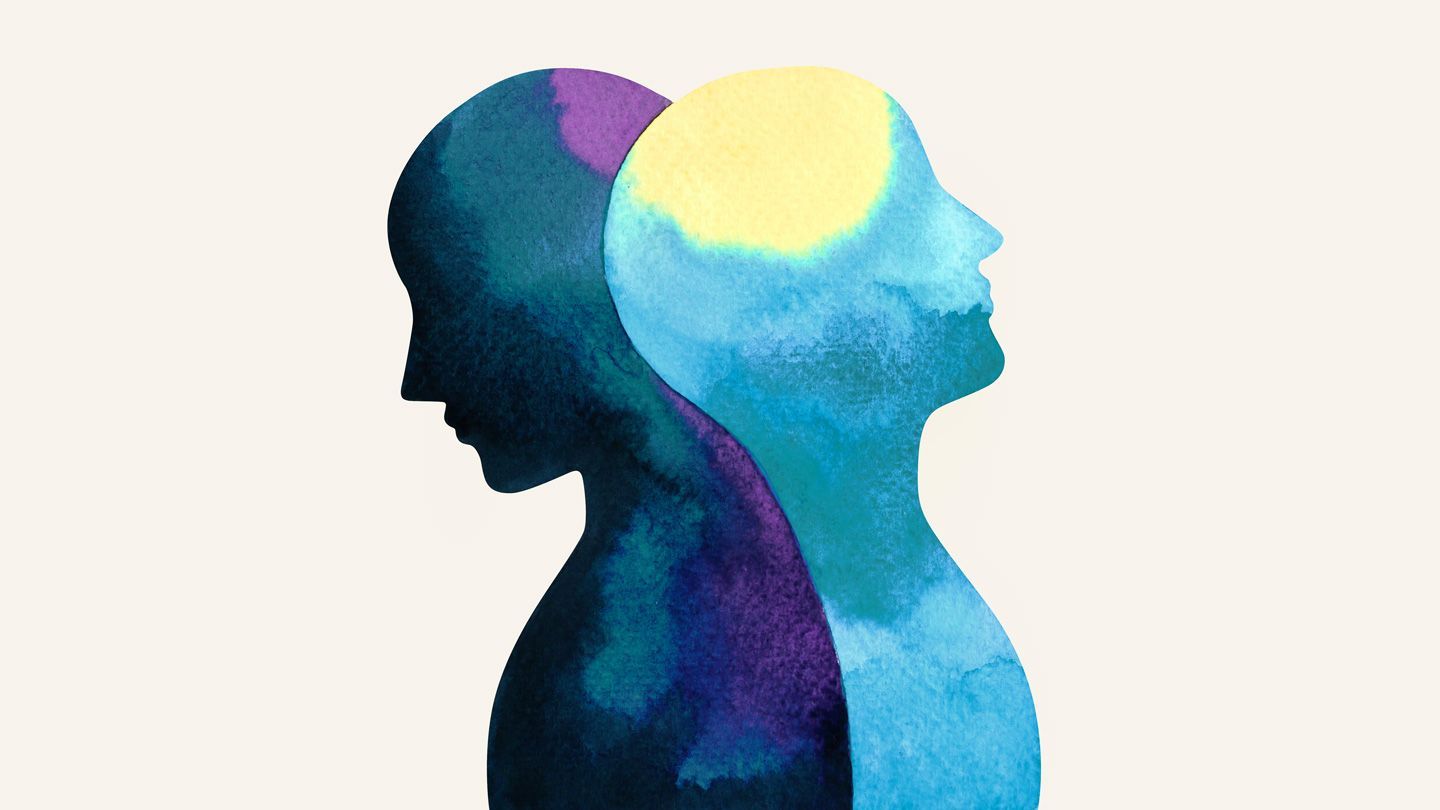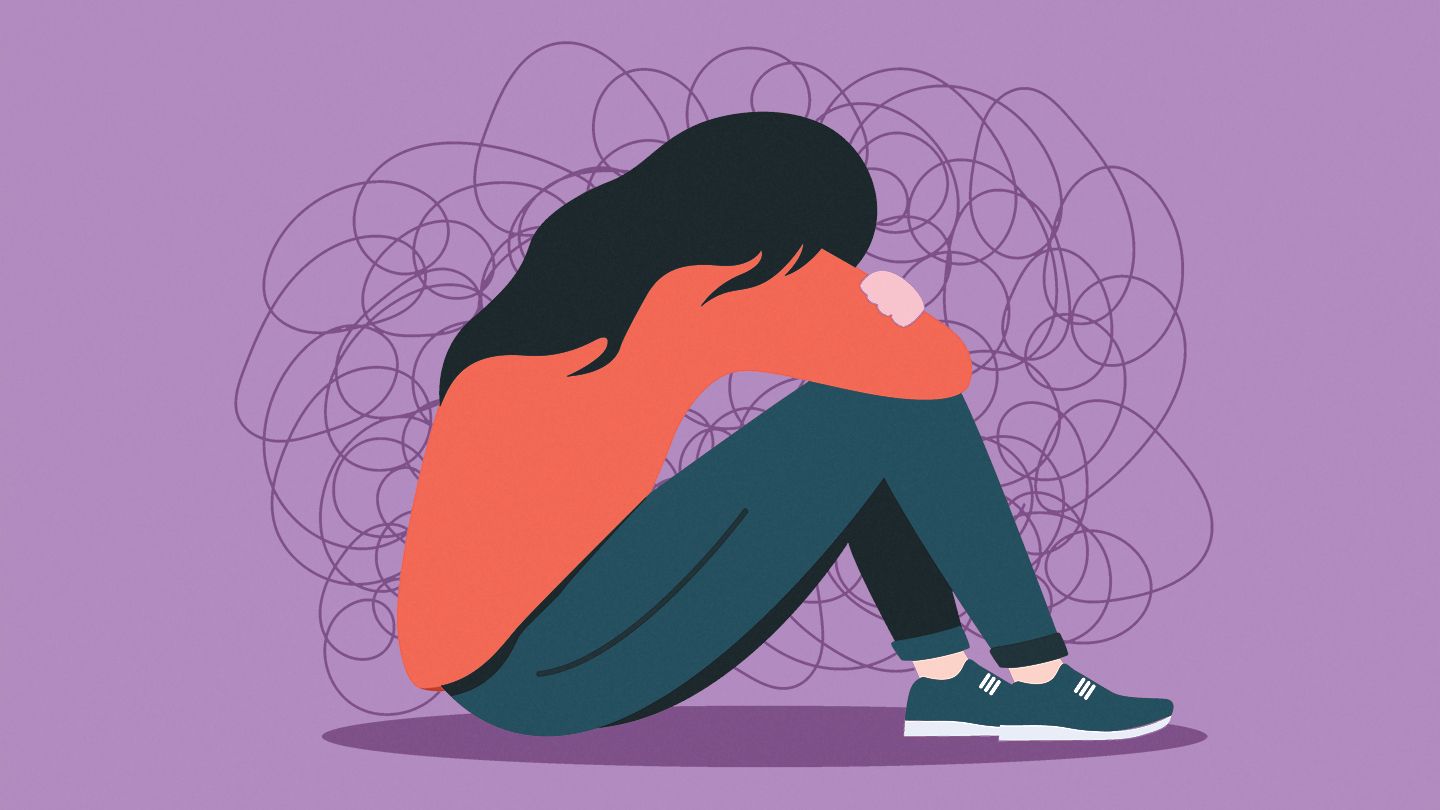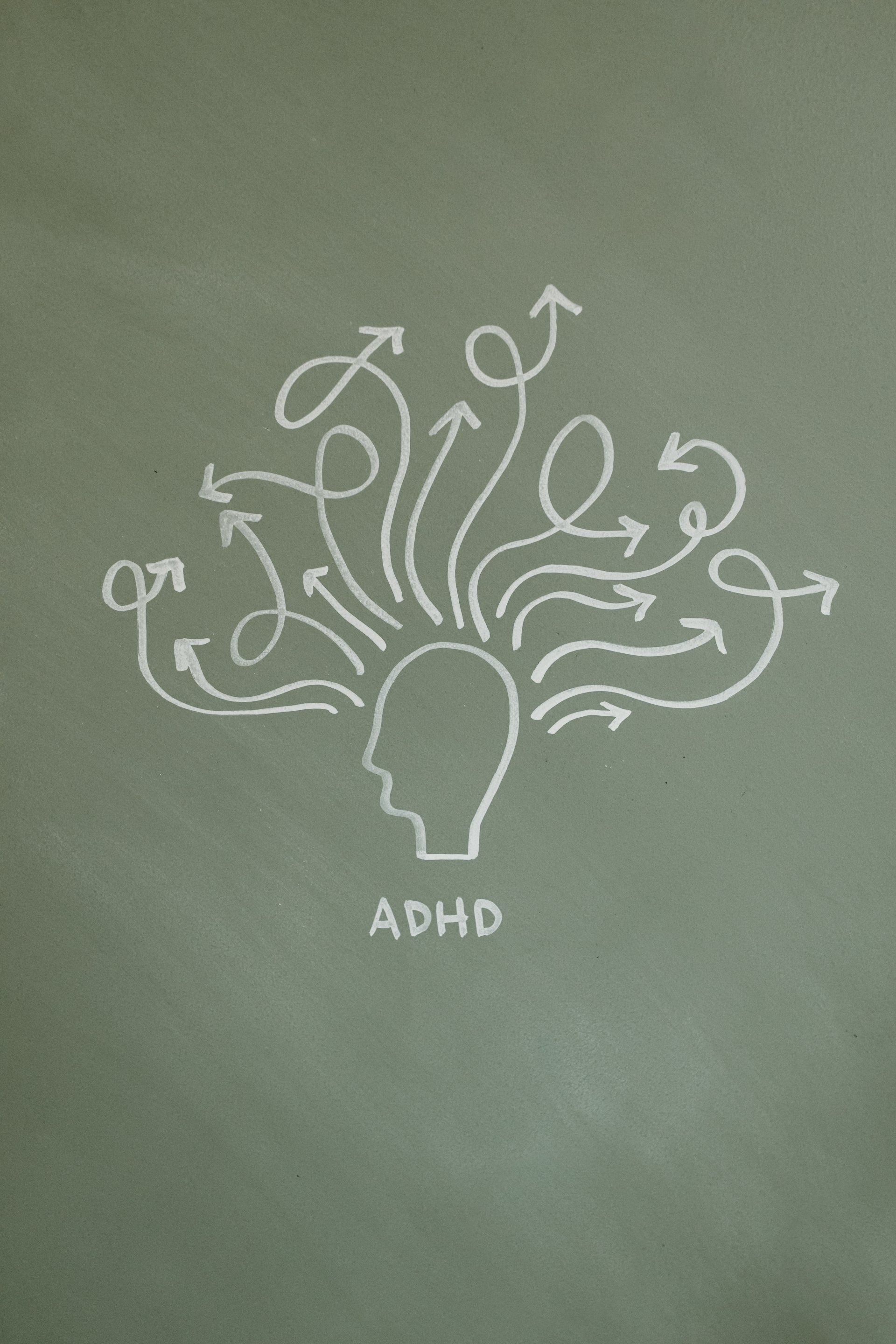Children and Mental Health: Is This Just a Stage?
Mental Health in Childhood

Raising a child can be challenging. Even under the best circumstances, their behaviors and emotions can change frequently and rapidly. All children are sad, anxious, irritable, or aggressive at times, or they occasionally find it challenging to sit still, pay attention, or interact with others. In most cases, these are just typical developmental phases. However, such behaviors may indicate a more serious problem in some children.
Mental disorders can begin in childhood. Examples include anxiety disorders, attention-deficit/hyperactivity disorder (ADHD), autism spectrum disorder, depression and other mood disorders, eating disorders, and post-traumatic stress disorder (PTSD). Without treatment, these mental health conditions can prevent children from reaching their full potential. Many adults who seek mental health treatment reflect on the impact of mental disorders on their childhood and wish they had received help sooner.
When to Seek Help
How can you tell the difference between challenging behaviors and emotions that are a normal part of growing up and those that are cause for concern? In general, consider seeking help if your child’s behavior persists for a few weeks or longer; causes distress for your child or your family; or interferes with your child’s functioning at school, at home, or with friends. If your child’s behavior is unsafe, or if your child talks about wanting to hurt themselves or someone else, seek help immediately.
Young children may benefit from an evaluation and treatment if they:
- Have frequent tantrums or are intensely irritable much of the time
- Often talk about fears or worries
- Complain about frequent stomachaches or headaches with no known medical cause
- Are in constant motion and cannot sit quietly (except when they are watching videos or playing video games)
- Sleep too much or too little, have frequent nightmares, or seem sleepy during the day
- Are not interested in playing with other children or have difficulty making friends
- Struggle academically or have experienced a recent decline in grades
- Repeat actions or check things many times out of fear that something bad may happen
Older children and adolescents may benefit from an evaluation and treatment if they:
- Have lost interest in things that they used to enjoy
- Have low energy
- Sleep too much or too little or seem sleepy throughout the day
- Are spending more and more time alone and avoid social activities with friends or family
- Diet or exercise excessively, or fear gaining weight
- Engage in self-harm behaviors (such as cutting or burning their skin)
- Smoke, drink, or use drugs
- Engage in risky or destructive behavior alone or with friends
- Have thoughts of suicide
- Have periods of highly elevated energy and activity and require much less sleep than usual
- Say that they think someone is trying to control their mind or that they hear things that other people cannot hear
Get Immediate Help
If you, your child, or someone you know is in immediate distress or is thinking about hurting themselves, call the National Suicide Prevention Lifeline toll-free at 1-800-273-TALK (8255). You also can text the Crisis Text Line (HELLO to 741741) or use the Lifeline Chat on the National Suicide Prevention Lifeline website.
First Steps for Parents
If you are concerned about your child’s mental health, you can start by talking with others who frequently interact with your child. For example, ask their teacher about your child’s behavior in school, at daycare, or on the playground.
You can talk with your child’s pediatrician or health care provider and describe the child’s behavior, as well as what you have observed and learned from talking with others. You also can ask the health care provider for a referral to a mental health professional who has experience and expertise in treating children. (See Choosing a Mental Health Professional for additional information.)
Choosing a Mental Health Professional
When looking for a mental health professional for your child, you may want to begin by asking your child’s pediatrician for a referral. If you need help identifying a provider in your area, you can call the Substance Abuse and Mental Health Services Administration (SAMHSA) Treatment Referral Helpline at 1-800-662-HELP (4357). You also can search SAMHSA’s online Behavioral Health Treatment Services Locator, which lists facilities and programs that provide mental health services. It’s especially important to look for a mental health professional with training and experience treating children, particularly your child's specific problems.
Asking questions and providing information to your child’s health care provider can improve your child’s care. Talking with the health care provider builds trust and leads to better results, quality, safety, and satisfaction. Here are some questions you can ask when meeting with prospective treatment providers:
- Do you use treatment approaches that are supported by research?
- Do you involve parents in the treatment? If so, how are parents involved?
- Will there be “homework” between sessions?
- How will progress be evaluated?
- How soon can we expect to see progress?
- How long should treatment last?
To find ideas for starting the conversation with your health care provider, visit the Agency for Healthcare Research and Quality website and read NIMH’s Tips for Talking With Your Health Care Provider. Additional information about finding a qualified mental health professional is available on NIMH's Help for Mental Illnesses webpage and through other organizations listed in More Information and Resources.
Assessing Your Child’s Behavior
An evaluation by a mental health professional can help clarify problems underlying your child’s behavior and provide reassurance or recommendations for the next steps. An evaluation offers an opportunity to learn about your child’s strengths and weaknesses and to determine which interventions might be most helpful.
A comprehensive evaluation of a child’s mental health includes the following:
- An interview with the parents to discuss the child’s developmental history, temperament, relationships with friends and family, medical history, interests, abilities, and any prior treatment. It is important for the mental health professional to get a picture of the child’s current situation—for example, a recent change in schools, an illness in the family, or another change that affects the child’s daily life.
- Information gathering from the child’s school, such as standardized tests and reports on behavior, capabilities, and difficulties.
- If needed, an interview with the child and the mental health professional’s testing and behavioral observations.
Treatment Options
The mental health professional will review the evaluation results to help determine if a child’s behavior is related to changes or stresses at home or school or if it’s the result of a disorder for which they would recommend treatment. Treatment recommendations may include:
- Psychotherapy (“talk therapy”). There are many different approaches to psychotherapy, including structured psychotherapies directed at specific conditions. For more information about types of psychotherapies, visit NIMH’s psychotherapies webpage. Effective psychotherapy for children always includes:
- Parent involvement in the treatment
- Teaching the child skills to practice at home or school (between-session "homework assignments")
- Measures of progress (such as rating scales and improvements on “homework assignments”) that are tracked over time.
- Medications. As with adults, the type of medicines used for children depends on the diagnosis and may include antidepressants, stimulants, mood stabilizers, or other medications. For general information on specific classes of medications, visit NIMH’s mental health medications webpage. Medications are often used in combination with psychotherapy. If multiple health care providers or specialists are involved, treatment information should be shared and coordinated to achieve the best results.
- Family counseling. Including family members in treatment can help them to understand how a child's challenges may affect relationships with parents and siblings.
- Support for parents. Individual or group sessions for parents that include training and the opportunity to talk with other parents can provide new strategies for supporting a child and managing difficult behavior in a positive way. The therapist also can coach parents on how to communicate and work with schools on accommodations.
To find information about treatment options for specific disorders, visit NIMH’s Mental Health Information webpage. Researchers continue to explore new treatment options for childhood mental disorders: Participating in a Research Study for Children provides information on participating in clinical research.
Working With the School
Children who have behavioral or emotional challenges that interfere with success in school may benefit from plans or accommodations provided under laws that prevent discrimination against children with disabilities. Your child’s health care providers can help you communicate with the school.
A first step may be to ask the school whether accommodations such as an individualized education program may be appropriate for your child. Accommodations might include measures such as providing a child with a tape recorder for taking notes, allowing more time for tests, or adjusting seating in the classroom to reduce distraction. There are many sources of information on what schools can and, in some cases, must provide for children who would benefit from accommodations and how parents can request evaluation and services for their child:
- There are Parent Training and Information Centers and Community Parent Resource Centers located throughout the United States. The Center for Parent Information and Resources lists centers in each state.
- The U.S. Department of Education has detailed information on laws that establish mechanisms for providing children with accommodations tailored to their individual needs and aimed at helping them succeed in school. The Department also has a website on the Individuals with Disabilities Education Act, and its Office for Civil Rights has information on other federal laws that prohibit discrimination based on disability in public programs, such as schools.
- Many of the organizations in More Information and Resources also offer information on working with schools as well as more general information on disorders affecting children.
NIH.gov




